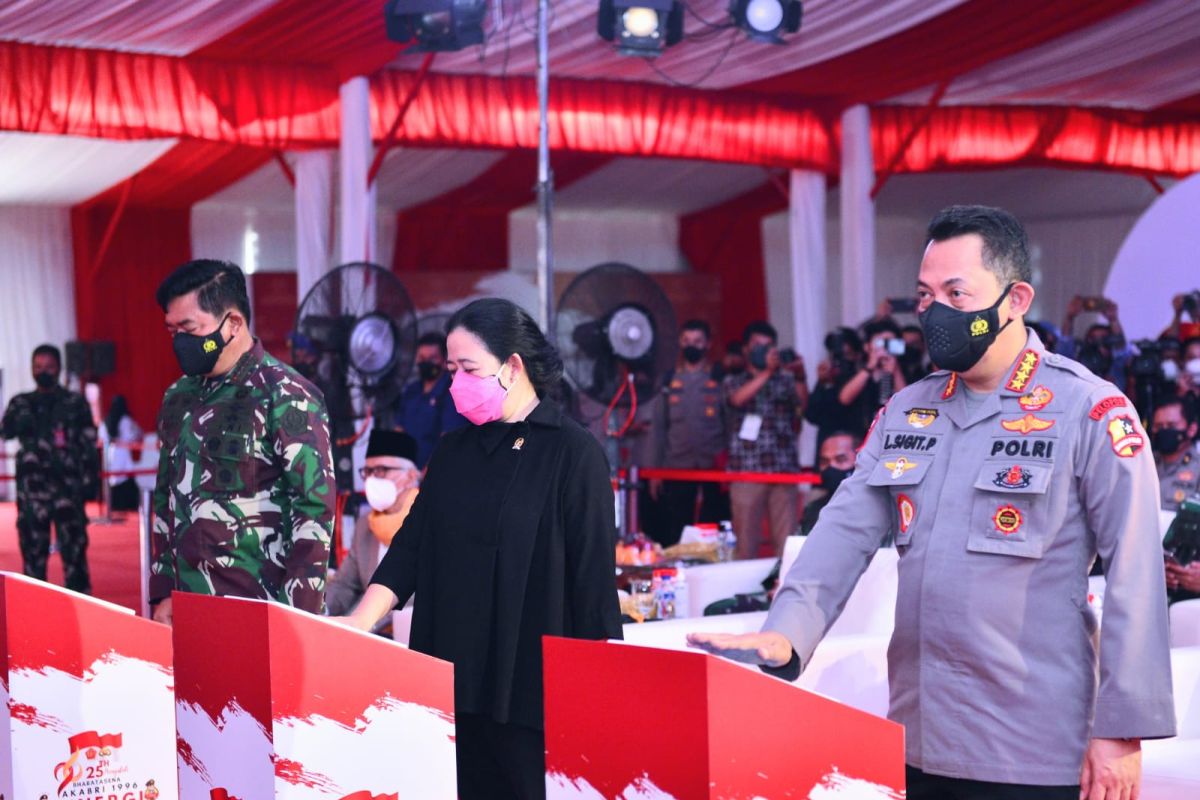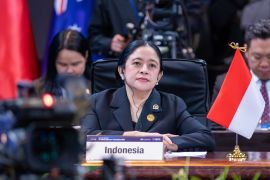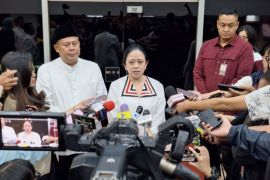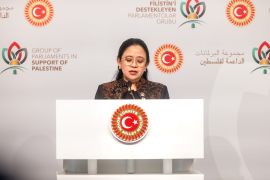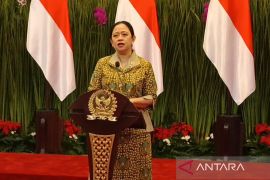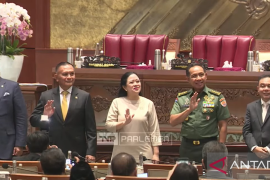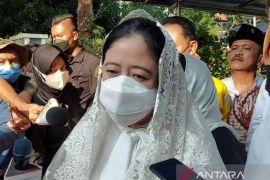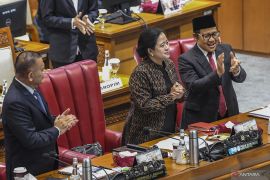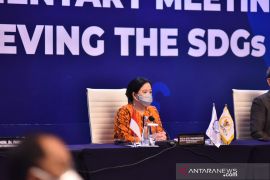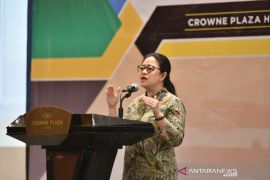"Supporting MSMEs means that we can also help (strengthen) the backbone of Indonesia's economy. One of the forms of support is by aiding the digital transformation of MSMEs," the speaker noted in a press release on Friday.
Maharani later remarked that the MSME's marketing digitalization will help the community's economy, especially in the era of the COVID-19 pandemic, which ultimately contributes to the national economy.
Although Indonesia's MSMEs are still considered small, but when combined, the MSMEs' contribution to the Indonesian economy is undoubtedly huge.
The chairwoman of Indonesia's House of Representatives pointed out that MSMEs absorbed 97 percent of Indonesia's workforce and contributed 61 percent to the country’s GDP.
Related news: MSME digitization necessary to support Indonesia's economic recovery
Digital transformation for UMKM (MSMEs) Presisi is a program initiated by the Indonesian Armed Forced Academy (Akabri) in 1996 to commemorate their 25th anniversary.
Through the digital transformation program, they facilitated MSME players to utilize applications, so as to integrate their products with various major e-commerce sites.
Maharani believes that the program could address the issue of limited digital literacy that had become an obstacle for MSME players so far. Meanwhile, digital transformation is an absolute necessity to be mastered by MSME players in a bid to survive and develop their businesses.
Earlier, expert at the Center of Reform on Economics (CORE) Indonesia, Piter Abdullah, noted that the digital ecosystem was able to change the characteristics of micro and small businesses in future.
"Referring to the results of the CORE survey, there is a potential for changes in the characteristics of micro and small businesses in future," Abdullah noted.
Related news: Indonesia to bring 30 mln MSMEs into digital ecosystem by 2024
He noted that it was difficult for micro and small businesses at this time to get access to formal funding. However, if MSMEs players are willing to become involved in the digital ecosystem, he estimates that MSMEs will continue to grow, thereby contributing more to the GDP, and involving more number of workers.
CORE conducted a survey of 2,001 respondents spread across eight provinces and 12 cities, with 77 percent of the responses in Java, to gain a better understanding of the impact of digital payments on MSMEs.
The survey results indicated that digital payments had helped to increase financial literacy at the nano and micro business scale.
"Around 85 percent of nano and micro businesses that earlier had no bank account started gaining an understanding of banking products after conducting digital payments," Abdullah concluded. (INE)
Related news: Communication Ministry pushes MSME digitalization in E Nusa Tenggara
Translator: M Razi Rahman, Resinta S
Editor: Suharto
Copyright © ANTARA 2021
